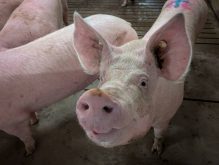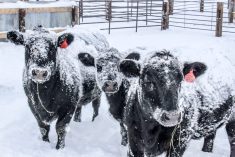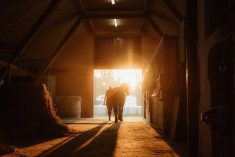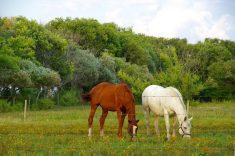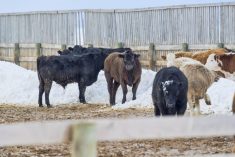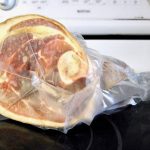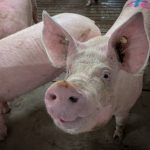Researchers in Guelph looking for genetic markers that would prevent “boar taint” in pork from uncastrated male pigs have picked up extra funding for their work.
The Ontario Genomics Institute, a non-profit genomics research agency, has put up $100,000 for work by University of Guelph scientists Jim Squires and Flavio Schenkel.
The two researchers for over 20 years have been investigating which genes cause pork processed from uncastrated boars to sometimes develop unpleasant odours and off-flavour taste, drastically lowering the boars’ market value.
Castration of male pigs is common practice to prevent boar taint, but the drawbacks range from animal welfare concerns to increased feed costs and reduced lean meat yield, the university and OGI said in a release.
Read Also
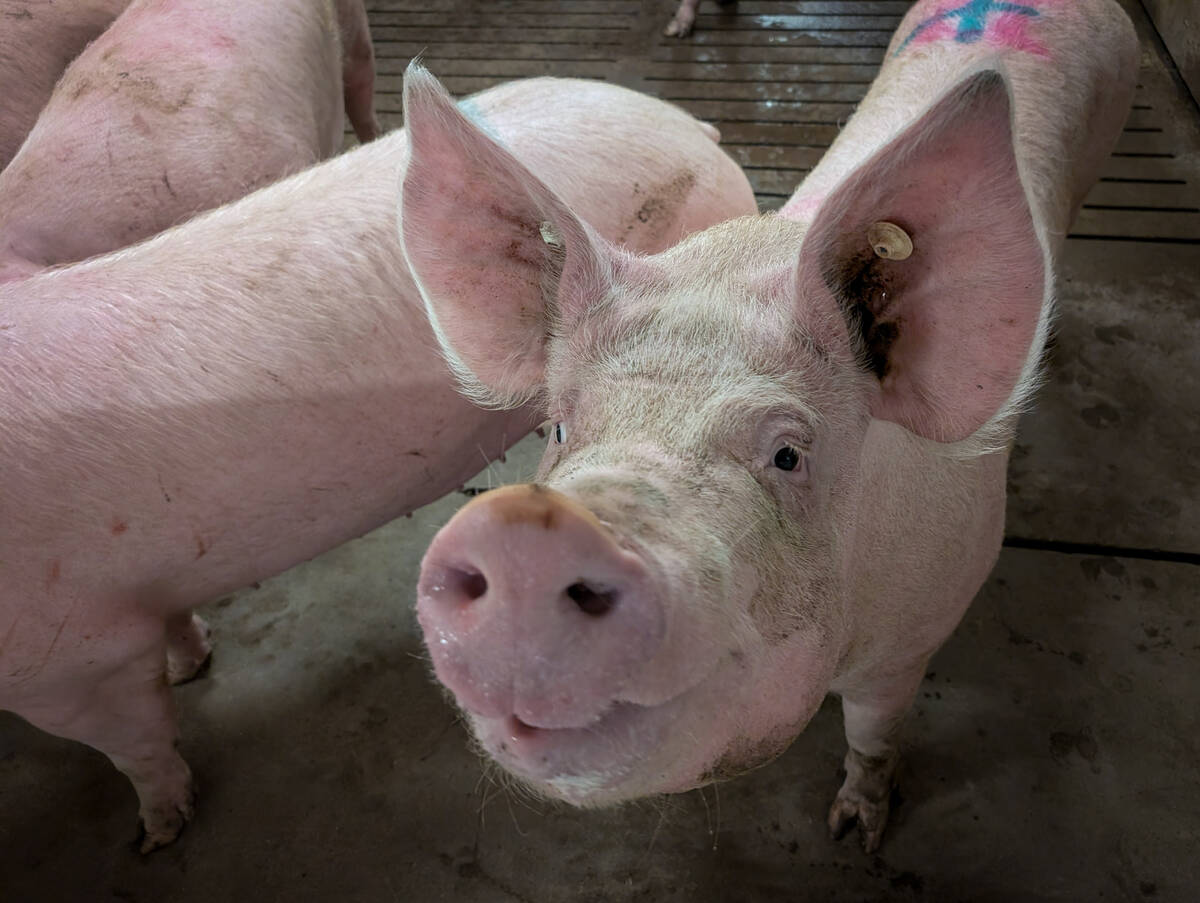
Gene edited, PRRS resistant pig approved in Canada
Canada has given its stamp of approval to pigs gene edited to resist porcine reproductive and respiratory syndrome (PRRS).
Squires said the OGI investment, along with funding from U.K. swine breeding firm JSR Genetics, “will enable us to take the final step in our work,” as he and Schenkel have already discovered and validated a subset of genetic markers.
However, their goal is to validate a subset of genetic markets that’s “sufficiently predictive” of a lower level of boar taint. That, in turn, could eventually bring the genetic markers into consideration in breeding programs.
And that, in turn, would result in pig breeds with low enough levels of boar taint to eradicate the need for castration, the university and OGI said.
JSR, meanwhile, provides the samples and cell lines as well as performance and pedigree data for the research.
If successful, the U of G and OGI said, the same approach could be used to identify, validate and apply markers for pig breeds used by Ontario and Canadian pig breeding companies.


